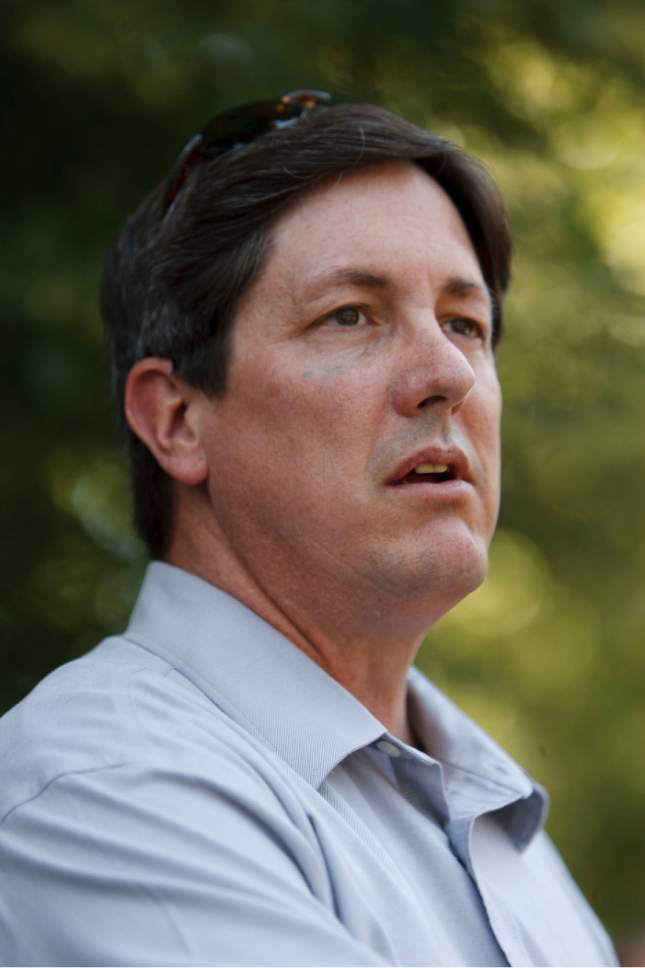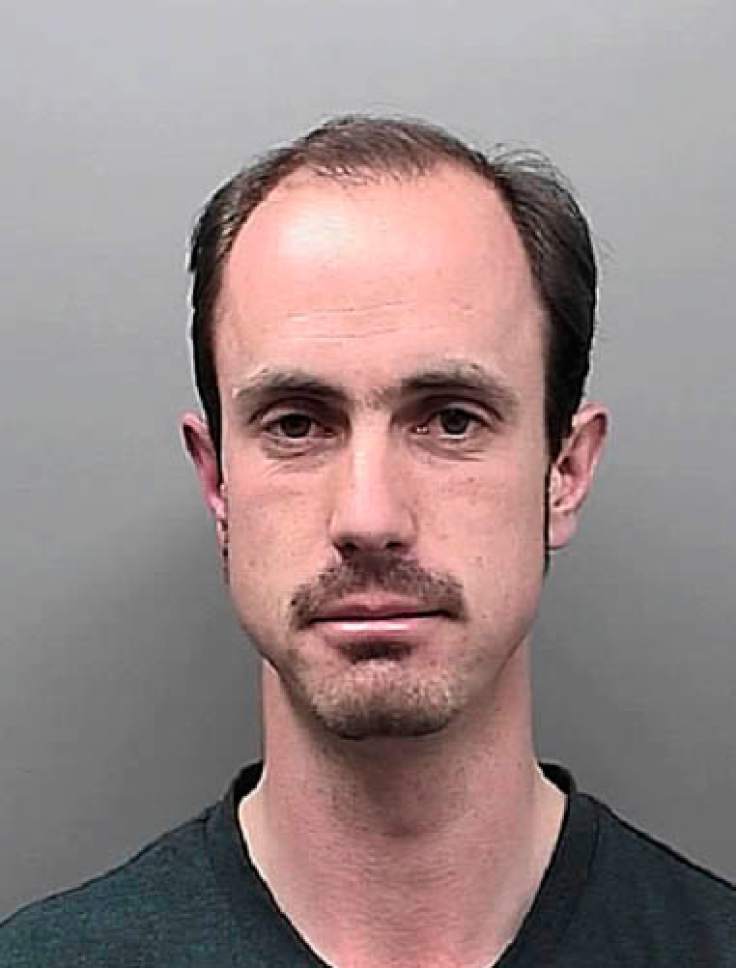This is an archived article that was published on sltrib.com in 2016, and information in the article may be outdated. It is provided only for personal research purposes and may not be reprinted.
A polygamous sect member who believes writing to imprisoned sect leader Warren Jeffs is essential to his eternal salvation will be allowed to continue the monthly letters while he awaits trial on food stamp fraud charges.
U.S. District Judge Ted Stewart on Thursday approved Preston Barlow's request to lift a ban that was put in place after he was arrested on suspicion of violating his pretrial release by being near two co-defendants. He was later released.
Prosecutors agreed to the letter writing arrangement after Judge Stewart mandated that Barlow send copies of his letters to federal prosecutors and barred Barlow from receiving any return correspondence from Jeffs.
Barlow's attorney Scott Williams said during a hearing in Salt Lake City that Barlow's letters are harmless to the case, but vital to his client's religious beliefs.
In 2011, a Texas jury convicted Warren Jeffs, now 60, of sex assault charges related to his taking underage girls as brides. He is serving a sentence of life plus 20 years.
Barlow is one of 11 members of the Fundamentalist Church of Jesus Christ of Latter-Day Saints accused of misusing food stamp benefits.
Each has pleaded not guilty to fraud and money-laundering charges alleging they diverted at least $12 million worth of federal benefits.
Sect leaders instructed followers to buy items with their food-stamp cards, prosecutors say, and give them to a church warehouse, where leaders decided how to distribute the products to followers.
They say food stamps were cashed at sect-owned stores without the users getting anything in return. The money was then diverted to front companies and used to pay thousands of dollars for a tractor, truck and other items, prosecutors say.
Defense attorneys want Stewart to consider dismissing the indictments on grounds that they violate the tenets of their clients.
The defense attorneys say FLDS leaders counsel parishioners to consecrate their belongings to the church, and that is what the defendants were doing when they gave food purchased with food stamps or sometimes the government-issued debit cards themselves to the FLDS storehouse.
To demonstrate those beliefs, the defendants may have to testify at a hearing set for October.





